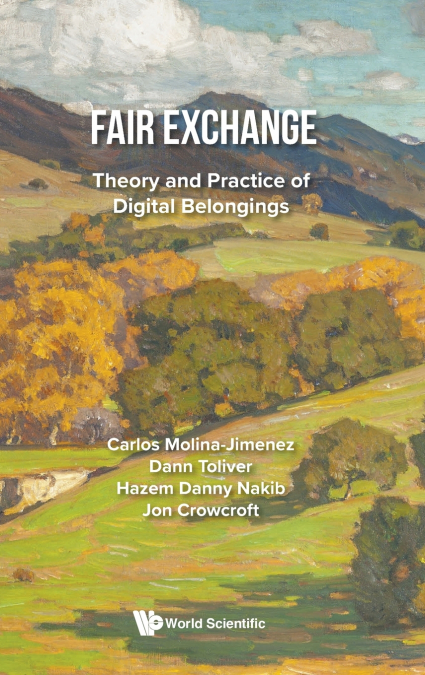
Carlos Molina-Jimenez / Dann Toliver / DANN TOLIVER HAZ CARLOS MOLINA-JIMENEZ / Hazem Danny Nakib
As more of our lives are spent interacting digitally - sending and receiving payments, interacting on social media, using certified delivery, playing games online, and generally participating in the digital world - the fair exchange of our digital belongings becomes increasingly essential.This book delves into the theory of fair exchange, from the historic to the cutting-edge, and presents a unified framework for understanding fair exchange protocols. Every exchange starts with a handshake, which is followed by four additional operations: deposit; verification; synchronization; and release or restoration. The environments in which these operations take place determine the properties of the resulting protocol, and the characteristics of the items that can be exchanged.Existing protocols are examined through this framework, including escrow-based protocols, optimistic protocols, and gradual release protocols. A new family of fair exchange protocols is developed which make use of attestables, a novel interface for exfiltration-resistant computing. An attestable-based protocol called FEWD is also introduced and several variations are described which are suitable for the exchange of different classes of items.Finally, a number of special topics for fair exchange are introduced, including legal issues that can emerge in practical applications of fair exchange, a legal analysis of the basic operations of fair exchange, commercial applications of FEWD, and an analysis of additional risks including participant expectations and implementations of attestable-based protocols. We conclude with a collection of topics for future research in making fair exchange more ubiquitous in our lives for a fairer digital world.